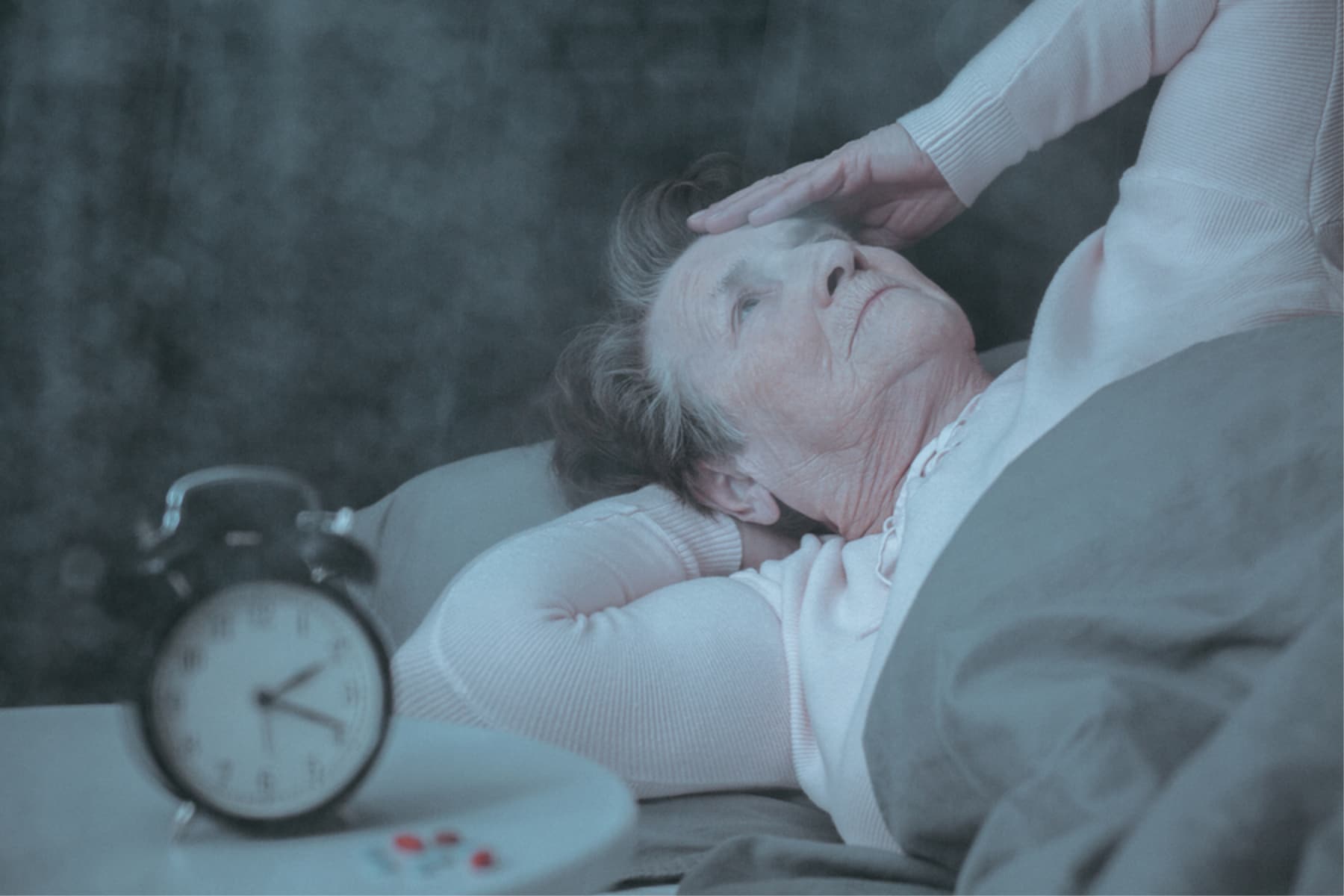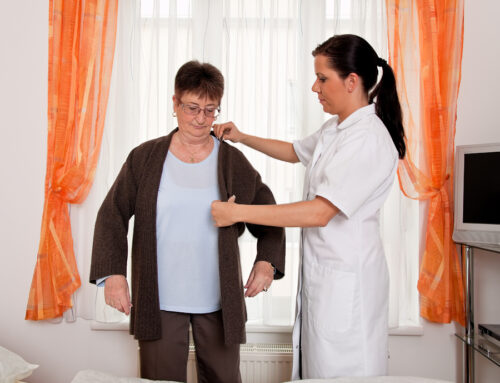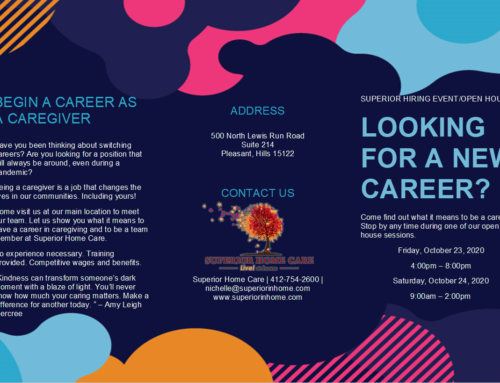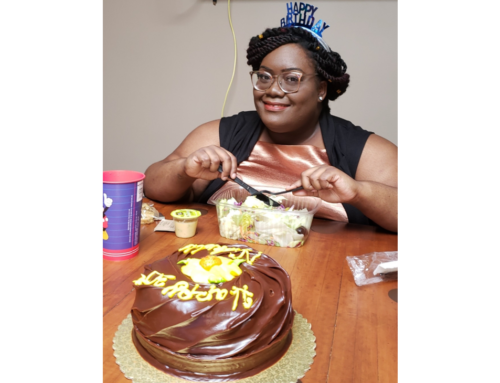If you are going to be taking care of your elderly loved one who has Alzheimer’s disease, it is important to know that they might encounter a variety of sleep issues. The good news is that there is plenty of information out there regarding these sleep issues and what to do about them. The first thing that you need to do is to figure out what issues your elderly loved one is having. This way you can find a solution to help them.
Trouble Sleeping
Your elderly loved one might start experiencing some changes in their sleep patterns. While this does often happen with many elderly adults, it is usually more severe for those with Alzheimer’s disease. While professionals still aren’t positive about what causes these changes, most think that it is caused by disruptions in the brain. Others think that it could be caused by restlessness and anxiety, which are very common in those who have Alzheimer’s disease, as well. The environment could be causing things that exacerbate your loved one’s feelings.
No matter what is causing your elderly loved one’s issue, you should start by watching their moods and behaviors. Look for the things that they have negative reactions to and take those out of their environment when possible. You should also help to keep your elderly loved one on a strict schedule. If you can’t be around to do this, senior care providers can help with it. The ability to fall asleep is highly reliant on what your elderly loved one does every day and that is why a schedule can help.
Sundowning
Sundowning is another reason why your elderly loved one might be having sleep issues. Sundowning is when there are negative behaviors, often beginning near sundown, that go into the nighttime hours.
There are some prescriptions that can help with sundowning symptoms. However, you could also make your elderly loved one’s environment more comfortable, so they can go to sleep easier. You could increase their activity throughout the day, so they are more tired and ready to sleep at nighttime.
Hallucinations
Many Alzheimer’s patients experience hallucinations, especially later in the day after the sun has gone down. This can make their house look different – with shadows, sounds, and other things, as well. This can be very frightening for your elderly loved one.
You can be proactive. To help your elderly loved one, you should ensure that each room of their home is lit up well. You can also listen for odd sounds that might lead to hallucinations.
These are some of the sleep issues that your elderly loved one might experience if they have Alzheimer’s disease. Hopefully, the tips for managing these issues can help your elderly loved one.
If you or an aging loved-one are considering Elder Care in Pittsburgh, PA, talk to the caring staff at Superior Home Care today. Call us at 412.754.2600
Sources







